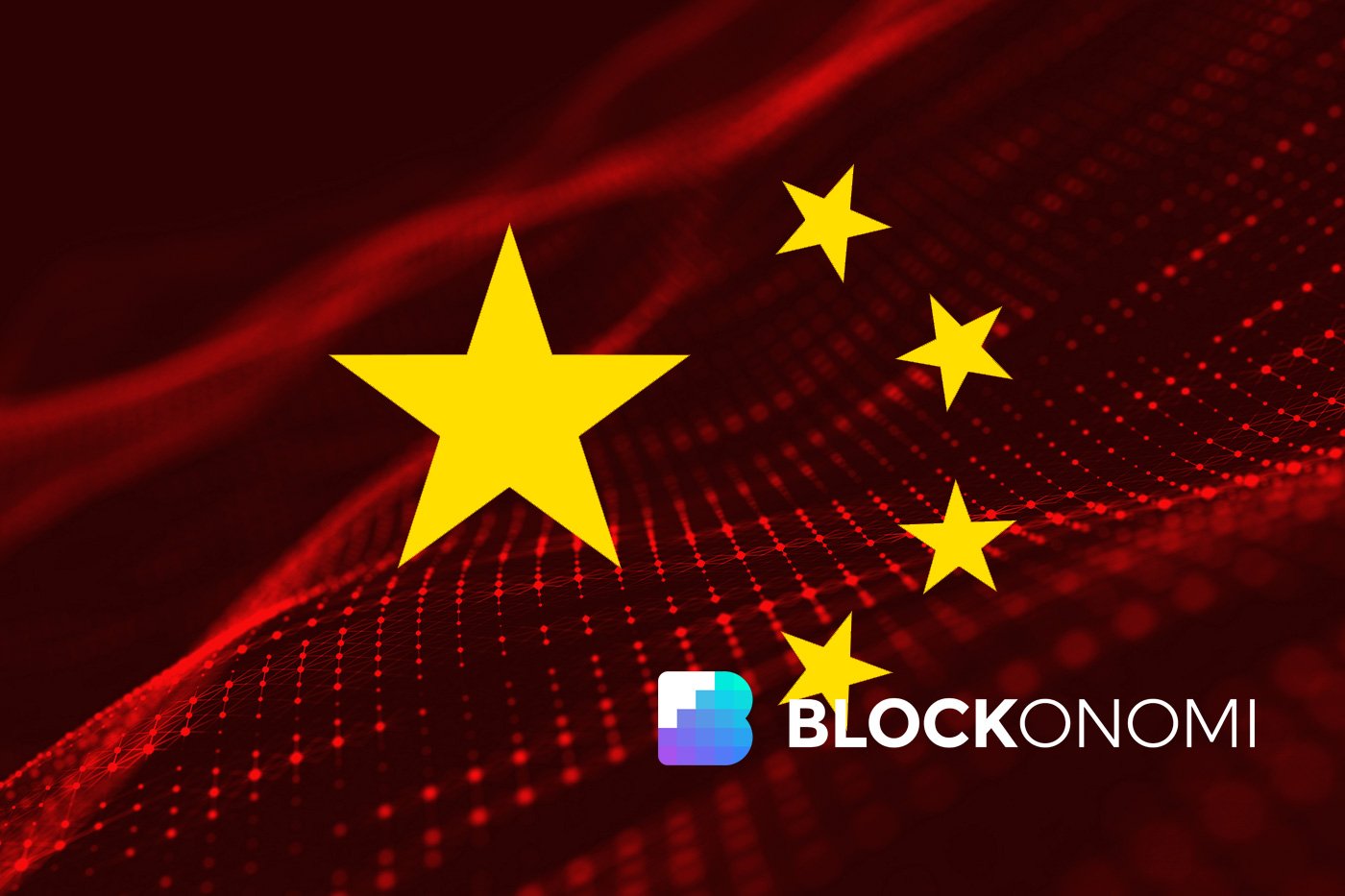
The U.S. Pentagon’s designation of companies allegedly tied to China’s military has raised significant concerns globally. This article dives deep into the implications for businesses, financial markets, and international trade agreements.
What Does the Pentagon’s Military List Entail?
The Pentagon’s Section 1260H list identifies companies with alleged ties to the Chinese military, flagging them as potential security risks for American businesses and institutions. While inclusion on this list does not immediately restrict business activities, it tarnishes a company’s reputation and discourages U.S. entities from forming or continuing partnerships.
Recently, the Pentagon added prominent Chinese corporations including Alibaba, Baidu, and electric vehicle manufacturer BYD, triggering ripples across the Hong Kong stock market.
Timeline of the Pentagon’s Decision
On October 7, 2025, U.S. Deputy Defense Secretary Stephen Feinberg informed Congress that Alibaba, Baidu, and BYD would be considered for the 1260H list. This revelation came just weeks before critical trade talks between former U.S. President Donald Trump and Chinese leader Xi Jinping.
Reports by Bloomberg highlighted that Alibaba shares saw a 2.2% decline, with Baidu and BYD following, also experiencing 1% losses each. The news shook investor confidence and raised questions about the global market’s stability amid geopolitical tensions.
Alibaba’s Position and Other Key Player Reactions
Alibaba, a global e-commerce leader, strongly disputed its inclusion on the Pentagon’s list. In an official statement, the company emphasized its independence from China’s military and denied participating in military-civil fusion programs. Moreover, Alibaba assured that its U.S. and global operations would remain unaffected, even if officially listed.
Baidu and BYD have remained silent about their potential designation, while the U.S. Defense Department has yet to comment on the process’s finer details.
Broader Implications for Businesses and Trade
Although inclusion on the Pentagon’s list doesn’t directly impose operational bans, it serves as a cautionary warning. U.S.-based businesses may reassess their relationships with Chinese firms over security concerns, potentially leading to severed ties and diminished trade partnerships.
The issue also underscores the fragile nature of U.S.-China relations, especially as policy shifts could impact international agreements and investments. Notably, the Pentagon is rumored to be reviewing several other companies, such as Hua Hong Semiconductor and RoboSense Technology, raising additional red flags in the tech and manufacturing industries.
Pro Tip: Businesses with interests in sectors like AI, semiconductors, or electric vehicles should diversify their investments and actively monitor updates to the Pentagon’s list.
How to Stay Ahead in Uncertain Markets
As global markets navigate this geopolitical uncertainty, investing in trusted and diversified assets is crucial. Exploring trading platforms like Pro Trader Edge can help you make informed decisions. From crypto to AI-driven stocks, these platforms provide expert insights and trend analysis to give you an edge in volatile markets.
The Pentagon’s moves showcase how geopolitical developments can ripple through financial sectors, impacting everything from small investors to enterprise-scale businesses.






